My Turn: First they came for the ‘illegals’
| Published: 12-19-2024 7:01 AM |
First, they came for people they called “illegals.” There was initial resistance, but many people who were not at risk did not speak out because they felt exhausted and distraught, could barely watch or read the news, and believed nothing they said or did would matter.
Donald Trump ordered the construction of detention facilities in Texas that resembled concentration camps. Millions of citizens and mixed-status families got caught up in the dragnet. Separating kids from their parents was a necessary feature of mass deportation, Trump insisted. The enforcement program was a presidential prerogative, the Supreme Court ruled.
Then they came for trans people. The Supreme Court upheld state bans on medical care for trans minors, which soon expanded into bans for adults, followed by denials of equality in employment, education and public accommodations. Congress passed a statute outlawing protections for trans kids in schools. The number of hate crimes skyrocketed.
Many trans people were murdered, but local law enforcement risked losing federal funding if they reported the facts, so they remained silent and unsolved homicides remained unsolved.
Then they came for abortion providers. A new federal law prohibited mailing mifepristone across state lines. Docs were losing their licenses to practice and some were headed to jail. Women were being denied care, and some had died. Trump celebrated fetal personhood with Christian nationalists. The mainstream press reported next to nothing.
And then they came for the homeless. In many places homelessness had been made illegal because the Supreme Court had decided that status could be a crime. Many unhoused persons unraveled in solitary confinement. The premise of Trump’s policy was that the government had the right to put homeless people somewhere. And jail was somewhere.
Then the Department of Justice came for authors, characterizing them as purveyors of porn. Following the report of Trump’s Healthy Youth Commission, many more books, particularly by LGBTQ authors, were removed from library shelves. There were book burnings. Bankrupting writers and publishers with state-by-state lawsuits came later.
Article continues after...
Yesterday's Most Read Articles
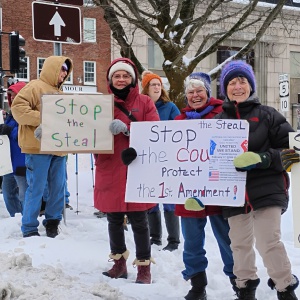 Local ‘Hands Off!’ standouts planned as part of national effort
Local ‘Hands Off!’ standouts planned as part of national effort
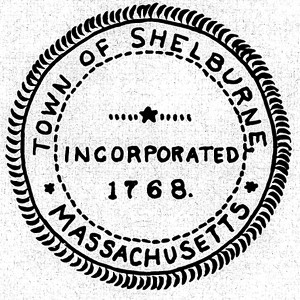 Shelburne Selectboard determines police detective will retain job
Shelburne Selectboard determines police detective will retain job
 Local libraries react to state funding cuts, federal administrative leave
Local libraries react to state funding cuts, federal administrative leave
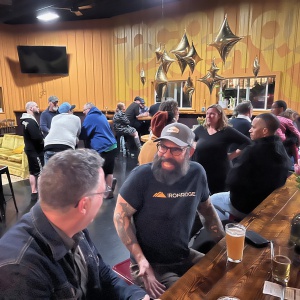 Incandescent Brewing now open in Bernardston
Incandescent Brewing now open in Bernardston
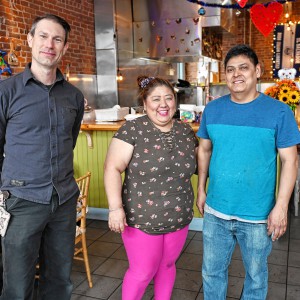 Cooking up an expansion: Cocina Lupita eyes second location in Turners Falls
Cooking up an expansion: Cocina Lupita eyes second location in Turners Falls
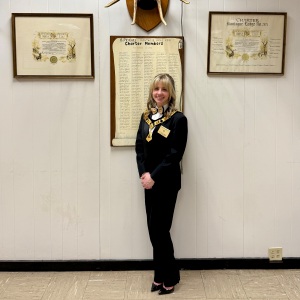 ‘She is our future’: Thirty years after permitting women to join, Montague Elks is almost entirely women-led
‘She is our future’: Thirty years after permitting women to join, Montague Elks is almost entirely women-led
As for the monopoly on news, the president, the Supreme Court and the Congress all played a part. The court absolved everyone of responsibility, ruling that Congress could not have known that Elon Musk would buy and control it all.
Then, just as FBI Director Kash Patel had threatened, the bureau came after Trump’s political opponents. The chilling effect was palpable. Comments from out-of-power politicians became scarce. Person-on-the street interviews ceased. At least Rep Liz Cheney and Special Counsel Jack Smith and dozens ( eventually, hundreds) of others had retained lawyers before their perp walks.
As for protesters, Trump deployed the U.S. military against them, as promised. The president insisted that the Insurrection Act of 1807 gave him the authority, and the Supreme Court concurred. The FBI, through intentional inattention and inaction, then sanctioned the Proud Boys and other right-wing militias to inflict mayhem, street fights and beatings.
As for professors who equated academic freedom with free speech, the Department of Justice designated them as potential traitors who deserved to be fired and jailed. In a first-of-its-kind case Chief Justice John Roberts articulated a new theory of responsible speech, and Clarence Thomas wrote a robust concurrence. After that decision, even fewer spoke out.
What had happened was clear: The president, with the support of the Senate, had packed the court. The court then, through its decisions on gerrymandering, redistricting, dark money, and voter suppression in effect, elected the Trump Congress. That Congress, in turn, passed laws giving almost all of their powers to the executive branch, just as the Reichstag had done.
Which brings us to the story of what became known as the “Sign People.” The Sign People first held signs with a quote from Winston Churchill — “Those who fail to learn from history are doomed to repeat it.” Those signs soon disappeared.
Next, they held signs that said “Niemöller,” nothing more, just his name. Which lasted until people started asking, “Who’s Niemöller?”
Martin Niemöller, the German theologian and death camp survivor, famously said, “First they came for the socialists, and I didn’t speak out because I was not a socialist. Then, they came for the trade unionists, and I did not speak out because I was not a trade unionist. Then they came for the Jews, and I did not speak out because I was not a Jew. Then they came for me, and there was no one left to speak for me.”
The signs saying “Niemöller” didn’t last long, either. Disorderly conduct, conspiracy to engage in riot, blocking a sidewalk — the charges varied. The results didn’t. The enveloping silence intensified.
As did fear. And for many people, their voices, like any unused muscle, atrophied, along with their rights.
But there remained some glimmers of hope. The remaining Sign People banded together, uplifted each other and resolved to speak up and speak out. They faced daunting questions: were there enough of them; were they in time; how possibly could they win? Their new signs said, “Silence = Complicity.”
Bill Newman of Northampton writes a monthly column.


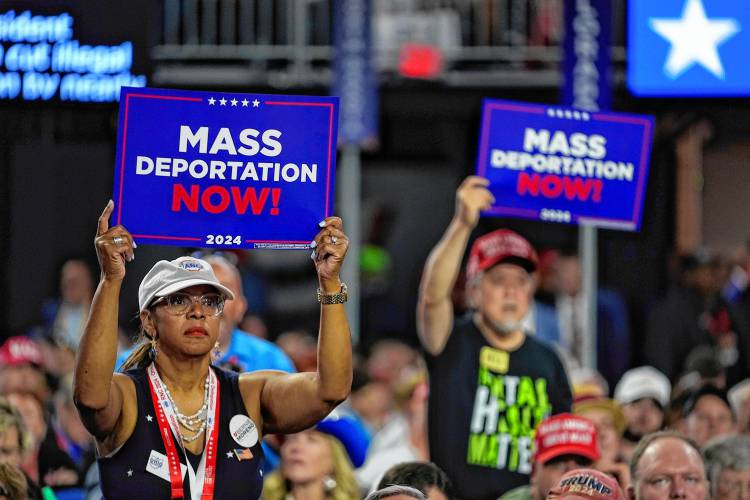





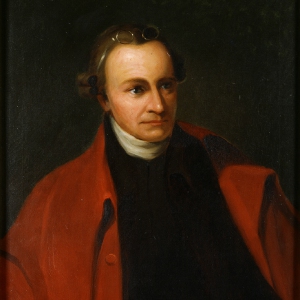 As I See It: How liberty itself killed liberalism in America
As I See It: How liberty itself killed liberalism in America My Turn: Invest in hunger-free campuses to make free college truly work
My Turn: Invest in hunger-free campuses to make free college truly work Beth Girshman: Support federal funding of libraries and museums
Beth Girshman: Support federal funding of libraries and museums Dale Moss: Trump, Musk actions will cause long-term damage
Dale Moss: Trump, Musk actions will cause long-term damage
